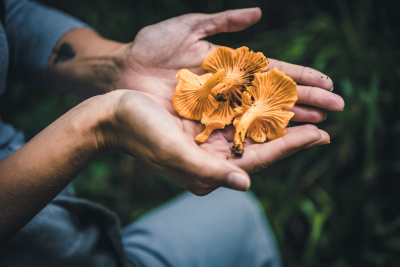Mining our ocean depths for minerals to power a clean energy economy is being touted as a more sustainable method than land-based mining. Yet there are also critics of the marine method, so what is the truth about deep-sea mining?
Doughnut Economics is an alternative model with sustainability and social parameters at its centre, so it could hold the key to the future.
Perfluoroalkyl and polyfluoroalkyl substances are known as PFAS, also dubbed “forever chemicals”, and they have effects that may negatively impact humans and the planet we live on.
Sustainable urban mobility (SUM) refers to how we get about our towns and cities, and doing it in a way that will not see those communities disappear. The experts agree that they key to achieving sustainable mobility is the adoption of “active transport”
The environmental impacts of technology are substantial, which is why there is a move toward judiciously employing some alternative models of usage and at the same time looking at certain indigenous technologies that may be relevant to modern life.
Many solutions are being promoted for tackling climate change. They range through planting trees to wind power and soil carbon sequestration. Yet one of the most promising is found in the ocean rather than on land. It involves the growing, and sometimes harvesting, of seaweed.
The Murray–Darling Basin in southeastern Australia is a wide catchment that extends across four states and the Australian Capital Territory, covering more than a million square kilometres and representing about one-seventh of Australia’s total land area. Its management is one of Australia’s largest and most complex environmental challenges.
Depending on who you listen to, hydrogen is the answer to the question of a sustainable future. Yet, as is often the case with such major questions, the issues around hydrogen are not simple. Here we dig into the evidence to discover the role that hydrogen has to play in facing the greatest challenge of a generation.
Rooftop gardens have the potential to revolutionise urban environments into the future as they boost biodiversity, clean polluted air, fight climate change and offer a pleasing aesthetic.
What are “the commons” and why should we care about their protection and security? We take a look at the natural and cultural resources at stake.
We look at the damage green-technology minerals may do and how we might overcome the challenge.
In addition to being a healthy food to eat, and beyond their medicinal uses, in recent years mushrooms and other fungi have been increasingly recognised for the wide range of environmental benefits that they can offer and are increasingly promoted as a biological solution to some of the world’s biggest challenges.
Subscribe
Subscribe to a newsletter to receive latest post and updates











